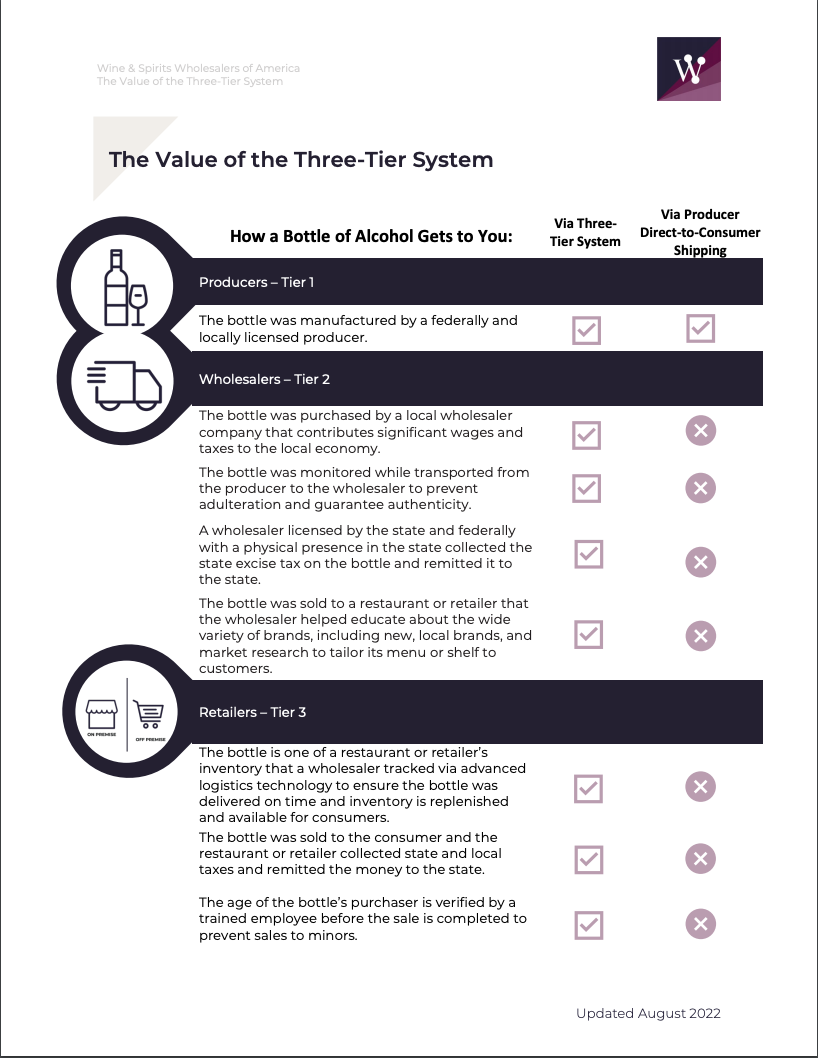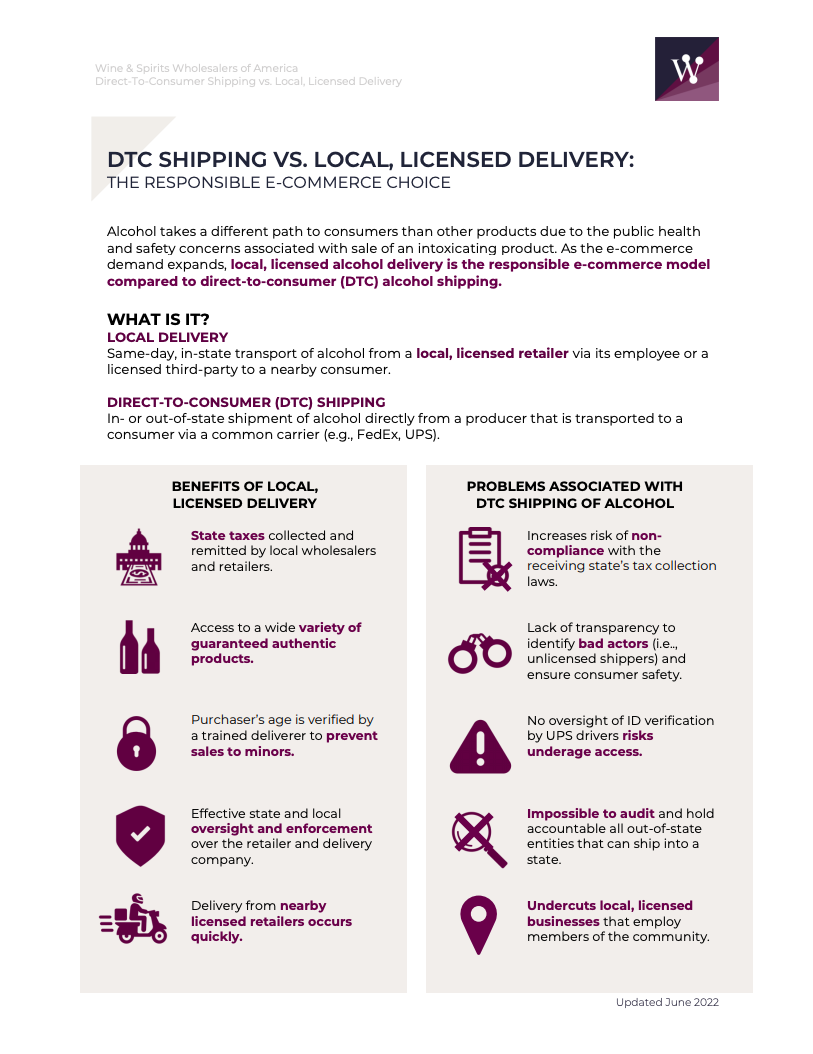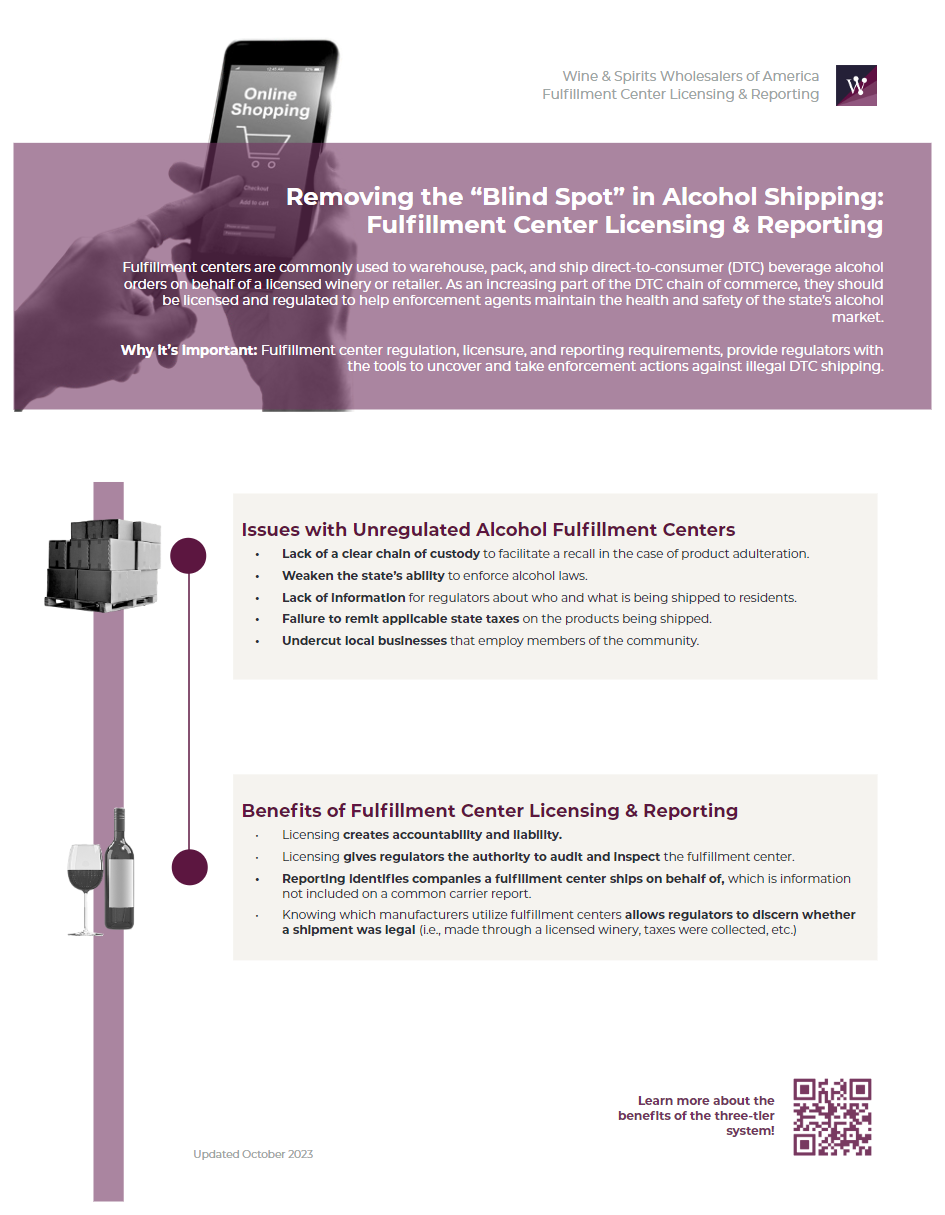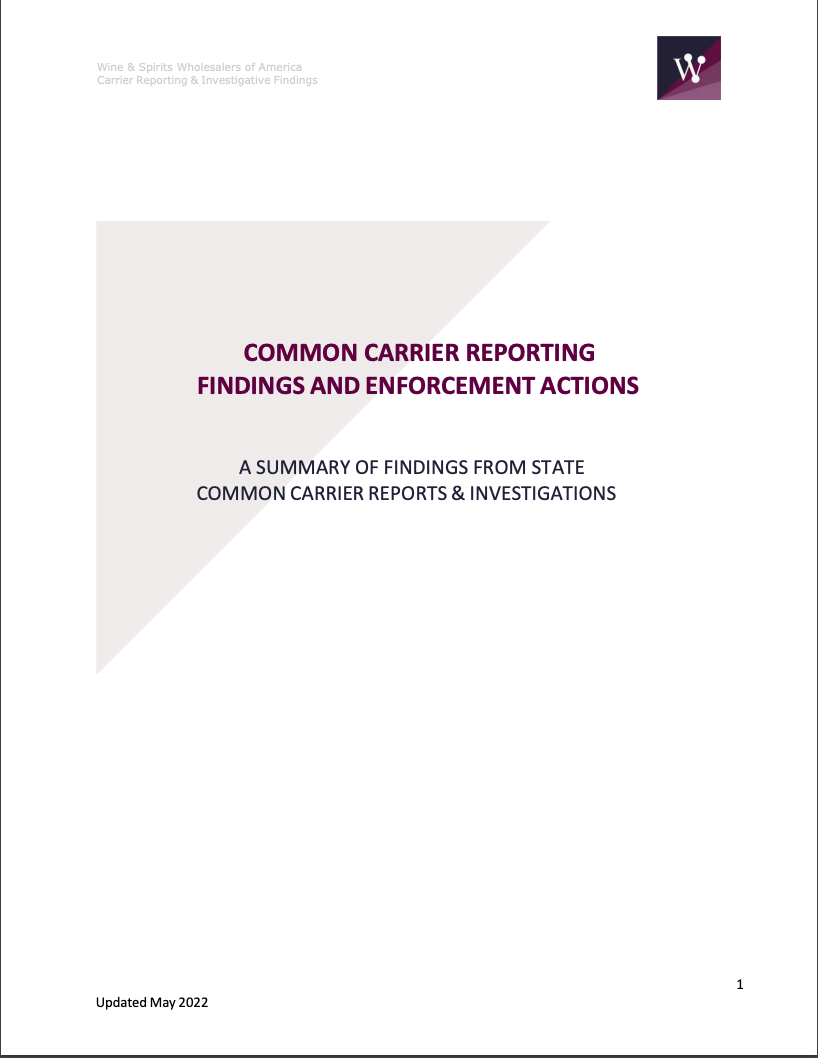American Moms Know DTC Spirits Shipping is Dangerous
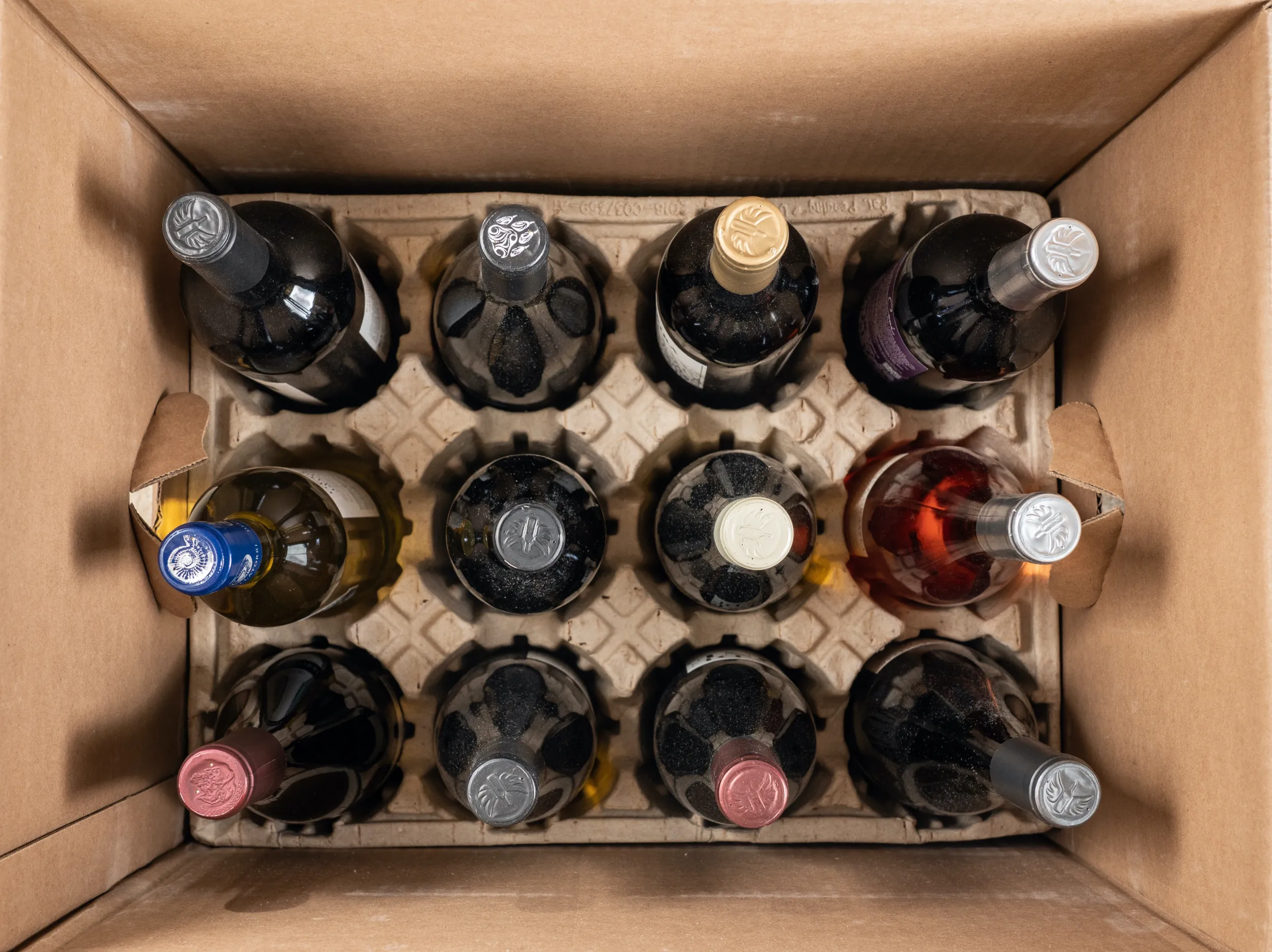
WSWA strongly opposes the interstate direct-to-consumer (DTC) shipment of alcohol.
The current three-tier system of alcohol distribution – where alcohol producers can only sell to wholesalers, retailers can only buy from wholesalers, and consumers can only buy from retailers—has created a regulatory structure that supports enforcement, accountability, and safety. Because of the three-tier system, the U.S. alcohol marketplace is the safest and most diverse in the world.
DTC shipments of alcohol cause widespread and well-known enforcement, public health, and public safety issues and leads to more bureaucracy, more enforcement actions, and more spending of taxpayer funds.
Continue reading to learn why legislators and consumers alike understand the dangers of enacting spirits DTC legislation.
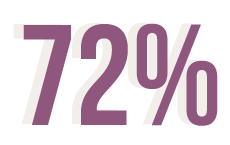 of U.S. moms are concerned that DTC spirits shipping will increase underage access to alcohol.
| 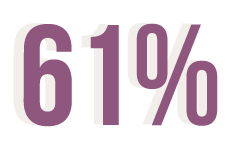 of U.S. moms are concerned that DTC spirits shipping across state lines will increase access to dangerous counterfeit products.
| 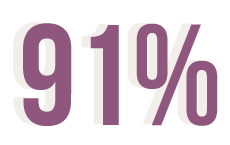 of DTC licensees investigated accepted DTC orders and payment from a 15-year-old during MA ABCC's 2022 compliance checks.
|
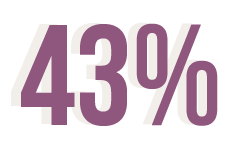 of the shipments delivered by common carriers during MA ABCC's 2022 compliance checks did not obtain an adult signature. | 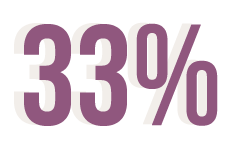 of 2019 wine shipments into Michigan were shipped illegally, meaning that one in three bottles of wine was shipped illegally. |  An analysis of December 2013 carrier reports in Illinois projected tax loss estimates as high as $20 million per year. |
DTC Shipping: Myth vs. Fact
Fact: DTC is not three-tier compliant.
- By operating outside of the three-tier system, DTC shipments bypass local wholesalers and retailers leading to a higher risk of minors obtaining alcohol, missed state tax revenue, and a disrupted chain of custody leaving opportunity for counterfeit product to make its way into the market.
- According to a 2019 national survey, Americans understand that alcohol is different from other consumer products shipped to their doorsteps and overwhelmingly agree that alcohol should be regulated. It is due to these regulations that the current three-tier system has created the safest and most diverse alcohol market in the world.
Fact: A craft brand cannot survive by only shipping its product.
- Shipping spirits is only legal in 5 states and D.C. so craft distillers can only use DTC to access a fraction of the U.S. population—not nearly enough of a market share to grow a brand.
- The three-tier system has cultivated an environment for craft, startup, and small producers to thrive, leading to a growth in both the number and sales of craft spirits producers.
- Wholesalers help craft producers to access local, regional, and national retailers and help retailers of all sizes provide a wider variety of products at competitive prices – access that would be cost prohibitive for craft producers to seek on their own.
- Additionally, Many wholesalers have dedicated craft sales teams to cater to craft producers' specific needs.
FAQs
Fact: DTC increases the risk of underage access.
- Common carriers transporting alcohol shipments are shown to be less likely to perform ID checks than a local retailer. Without local ties to the community, out-of-state shippers feel less responsibility for selling alcohol to a minor and have less liability than a locally licensed retailer.
- In 2022, compliance checks conducted by the Massachusetts Alcoholic Beverage Control Commission found that 96% of DTC licensees investigated accepted orders and payment from a 15-year-old and zero common carriers verified the age of the recipient upon delivery.
- Other investigations found examples where alcohol shipments were delivered or handed to underage individuals in Kansas and Maine.
- The U.S. beverage alcohol marketplace should learn its lessons from the failures of the direct-to-consumer tobacco marketplace – which made it more likely for teens to smoke – and not allow for the interstate direct-to-consumer shipment of wine and/or spirits.
Fact: Local, licensed delivery is the most convenient and safest e-commerce alcohol model.
- While DTC takes at least a few days, most states have enacted local delivery models allowing alcohol orders to be delivered within hours from locally licensed retailers via their employees or a licensed third party.
- Employees are trained/experienced in age verification to ensure deliveries are made to consumers 21 years of age or older, while still maintaining compliance within the three-tier system.
- Furthermore, these local retailers exist are part of their communities and are committed to its safety and well-being, while offering clear liability should alcohol products reach the hands of teenagers.
Fact: DTC cost states revenue and negatively impacts state budgets.
- DTC alcohol shipping opens the door to widespread tax evasion because illegal shippers do not self-report their illegal shipments to the state and remit taxes – robbing the states of much needed tax revenue.
- This leads to more bureaucracy, enforcement actions, and spending of taxpayer funds to act against illegal shipments and, at the same time, lose millions in unpaid excise taxes while falling short of accomplishing what the three-tier system has achieved for decades.
- For example, Illinois estimated $20 million per year in tax loss while Virginia ABC estimated a loss of more than $60,000 in unpaid excise taxes in a 4-month period in 2018.
- By remitting state excises taxes, wholesalers play a crucial role in ensuring that state and local governments receive tax revenue from alcohol.
- The added efficiency of collecting tax revenue – going towards public programs, law enforcement, and education – is a valuable part of the alcohol distribution model that DTC fails to provide.
Fact: DTC opens the door to counterfeit or adulterated products entering the stream of commerce.
- When it comes to the online marketplace where DTC orders are placed, the U.S. Government Accountability Office has found that 43% of items purchased from online retailers were counterfeit.
- Though alcohol was not included in this study, purchasing alcohol products online increase the likelihood that consumers will be sold counterfeit and adulterated products or become victim of a scam.
- The almost century old three-tier system has protected U.S. consumers from counterfeit products because they are strictly tracked throughout the U.S. supply chain.
- However, DTC shipments lack transparency and are hidden from effective oversight, disrupting the current system and increasing the difficulty for regulators to ensure safe and legitimate products are entering their borders
- Americans may take for granted how well the three-tier system has worked, as there are countless examples from other countries highlighting the dangers of counterfeit alcohol - all of which have led to health concerns and even death.
DTC In The News
View AllJun 18, 2025
Maine Legislators Make the Right Choice to Protect Consumers, Jobs, and Public Safety
Direct-to-Consumer (DTC) Spirits Shipping Fails for Third Year in a Row as Lawmakers Reject Dangerous New Legislation

Apr 01, 2025
"HB 108’s failure reaffirms what we’ve seen across the country—when regulators take a hard look at the risks, they reject DTC expansion in the interest of public health and safety.” - WSWA EVP, Government Affairs Dawson Hobbs.



